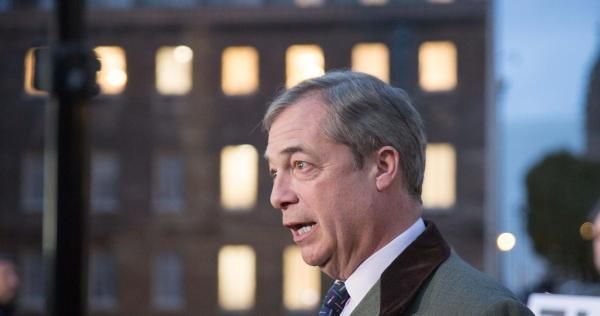Reform UK manifesto: a reaction

According to Carl Emmerson, the deputy director of the Institute for Fiscal Studies, Reform UK is suggesting a plan to reduce taxes and increase spending, which is estimated to cost almost £90 billion annually. The expenditure would be offset by £150 billion in cuts from other spending areas, including public services, debt interest, and benefits for working-age individuals.
This plan would significantly decrease the scale of government. Despite the advantages and disadvantages of reducing the size of government, this proposal has issues overall. The proposed budget cuts would not save as much money as claimed, while the tax cuts would end up costing much more than expected, amounting to tens of billions of pounds per year. Additionally, the proposed spending increases would also end up costing more than what was initially stated if they are expected to meet their goals.
Although reducing taxes by £90 billion per year is significant, it would still result in tax revenues being higher than they were in 2019-20 when compared to the economy. However, in reality, if the proposed tax cuts were fully implemented, it would cost billions more each year. Reform UK intends to immediately reduce corporation tax rates from 25% to 20% and eventually to 15% at the end of the parliament. The costings outlined in the manifesto only account for these measures during the next parliament's course, missing about half of the long-term annual costs.
Among the planned budget hikes, the NHS would receive the biggest increase (an additional £17 billion yearly). Nonetheless, this amount falls short of Reform's exceedingly daring goal of eradicating waitlists in just two years. Abolishing the waitlist entirely is an accomplishment that has eluded the NHS throughout its history and appears almost unattainable in such a condensed timeline.
The measures to save money would be less effective than anticipated. While some argue that the Bank of England should pay less interest to commercial banks, this wouldn't generate the expected £35 billion annually. Another proposal is to cut "wasteful" spending by £50 billion across government departments, but this would likely require more than just addressing waste - it would likely mean reducing the quantity or quality of public services.
Despite the very hopeful predictions of a substantial boost in economic growth, the calculations in this policy plan simply don't make sense. While the Reform manifesto presents a distinct set of priorities, some of its proposals may prove difficult to execute fully, or would require alternative means to fund them, which could result in unforeseen negative consequences for certain groups.













































